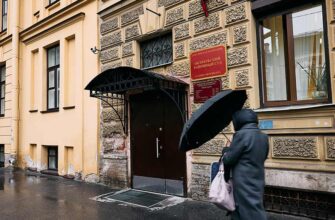The Gross domestic product of the Russian Federation, according to optimistic forecasts, could grow by 0.3 percent in 2016. By pessimistic forecasts, the economy may fall by -2.3%.
Upon the review of forecasts of the largest analytical centers, we can assume that 2016 doent’s promise us ending the recession of the economy, and lower of incomes is expected too. Economic policy in General, including the budget and key rate, will remain the same and can be adjusted depending on the price of oil, which forms the country’s budget at 44%. Further decline of oil prices (which is expected by almost all analysts) will exacerbate the situation and cause a second wave of crisis. Another powerful negative influence on the economy was the closure of external financial markets.
According to the forecast of the Ministry of Finance, GDP of 2014 will be restored by 2020, wages will be restored by 2025 (forecast is calculated as $40 per barrel of Urals oil).
In January 2016 the Ministry of economic development has revised its forecast for the oil price at 40 USD / barrel and suggested a drop in GDP -0.8%. Thus, incomes will fall by 4%, and unemployment of the economically active population will rise to 6.3%. In 2014, the Ministry planned 2016 GDP growth at +1.2%, however, the Urals was supposed at $ 100 / barrel.
Alfa-Bank expects GDP growth of 0.3 percent by 2015, inflation at 10%. The center for Macroeconomic research of Sberbank assumes 8% inflation (with oil price at $30-35 per barrel) and predicts slowdown in 2016.
The IMF predicts the Russian economy GDP at -0.6% in 2016, production will fall accordingly.
According to Morgan Stanley, the Russian economy for the period will fall by -2.1%, according to the European Commission – at -1.2%.
Gaidar Institute assumed an average oil price at 55 dollars. The decline in the economy is expected at -2.3% in 2016 (for 2015, however, he predicted -8.1%, while it was -3.8%).
The world economy in general will continue to develop. In 2015, its growth amounted to 3.1%. In 2016 it is expected to increase 3.4%. While the country’s developed economy will continue to grow and increase production, while growth in emerging economies is fraught with difficulties.
The global economy is affected by the following trends:
1. The reorientation of China from production to consumption
2. Reduction of prices on the stock exchange and energy products
3. A stronger dollar and easing monetary policy in developed countries





